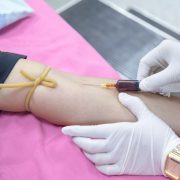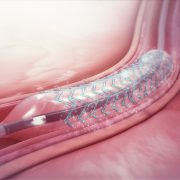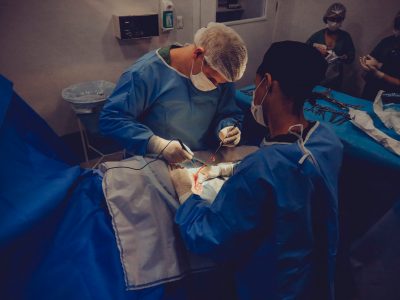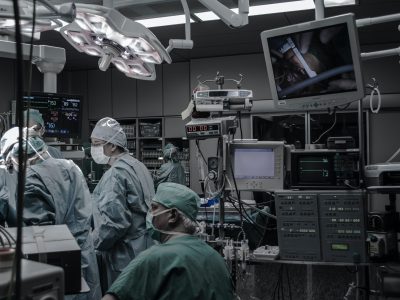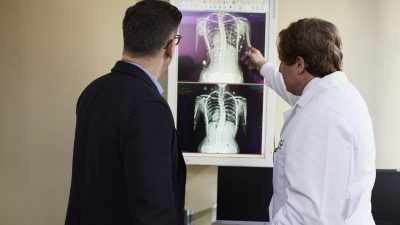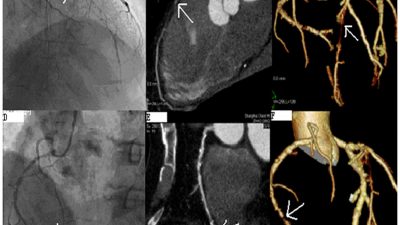Recent research has shown the outcome benefits of revascularization—early revascularization and complete revascularization—over alternatives in certain cases. A single-center analysis ahead of full ISCHEMIA trial results challenges mixed data and suggests better survival rates for early revascularization when compared to medical therapy in patients with stable CAD and myocardial ischemia. And while the risk of PCI in non-culprit lesions was previously unclear, new results from the COMPLETE trial suggests complete revascularization is superior to culprit-only PCI. Plus, even more insight into revascularization decision-making and outcomes in this edition of the Quality Matters News Brief!

Analysis Hints at Survival Benefit with Revascularization in Stable Patients with Mycardial Ischemia – TCTMD
A large but single-center analysis coming ahead of ISCHEMIA trial results suggests patients with stable CAD and myocardial ischemia may benefit from early revascularization compared to medical therapy. “The optimal management of patients with stable CAD is one of the most debated topics in cardiovascular medicine, with trials such as COURAGE and BARI 2D previously showing that revascularization did not reduce the risk of major adverse cardiac events or imporve survival when compared with OMT,” summarizes TCTMD’s Michael O’Riordan. “The data thus far are mixed… On the other hand, there are observational studies suggesting a survival benefit with revascularization over medical therapy in patients with higher thresholds of ischemic myocardium.” Read more »
COMPLETE: Better Outcome with PCI in Nonculprit Lesions After STEMI – Medscape
Results from the COMPLETE trial confirmed that complete revascularization had outcome benefits when compared to a strategy of culprit-lesion-only intervention. “For the first time, we have definitive evidence that complete revascularization reduces hard clinical outcomes,” said Shamir Mehta, MD, of McMaster University and Hamilton Health Sciences to Medscape Cardiology. “This is important because it suggests that the nonculprit lesion is biologically active and can cause recurrent events in the future.” Read more »
Revascularization for Intermittent Leg Claudication Improves Patient-reported Outcomes – Healio Cardiology Today
In our last Quality Matter news brief, we delved into the topic of patient-reported outcomes (PROs), with several articles suggesting the “huge value” of PROs for informing clinical practice. This research released in August suggests a large benefit of revascularization on quality of life questionnaire endpoints in patients previously not considered for the procedure. “Revascularization procedures have traditionally been offered only to patients with the most incapacitating caludication,” write the study authors. “[These results] suggest that function, health-related quality of life and symptoms improved between baseline and 12 months in both the medical and revascularization cohorts, but the findings indicate that gains were much greater in the revascularization cohort.” Read more »
Off Script: PCI of the Future? Let’s Break Down the Border Between Physiology and Anatomy – TCTMD
In a TCTMD feature, Kwan S Lee, MD of the University of Arizona Sarver Heart Center takes a considered look at the present and future of revascularization decision-making and the potential of optical coherence tomography to shape how we make those decisions. “My gut tells me there will come a day when the best strategy for deciding revascularization will involve a combination of co-registration-based physiology and intracoronary-imaged plaque burden, coupled with a strong culture of appropriate imaging-based lesion preparation,” writes Lee. Read more »

